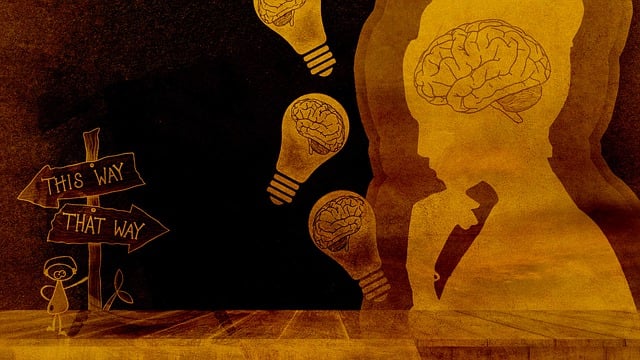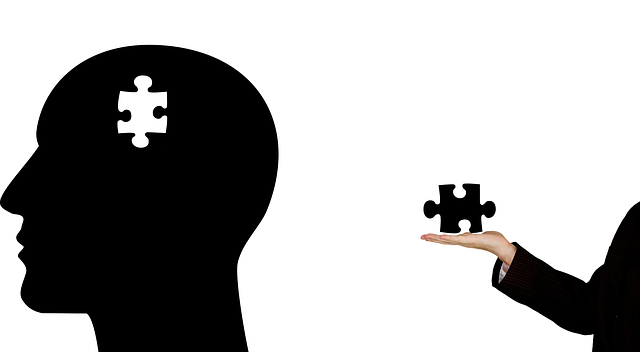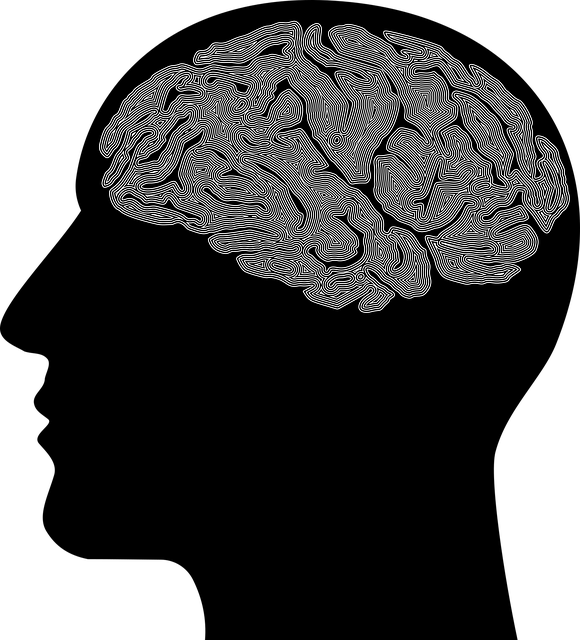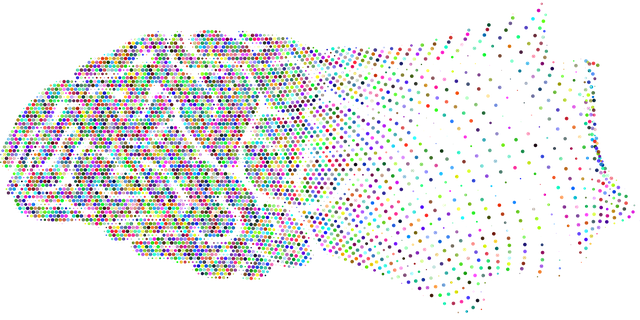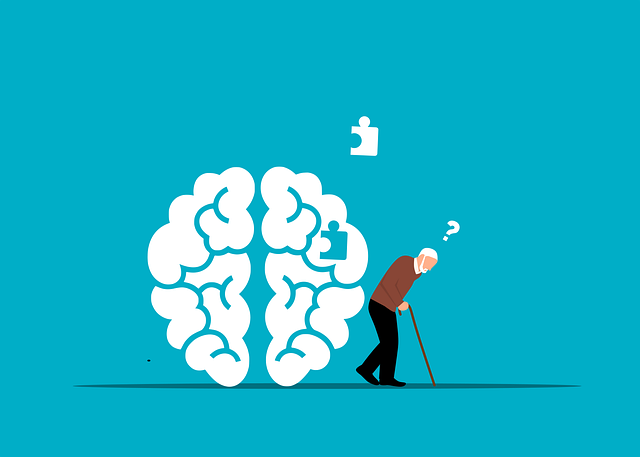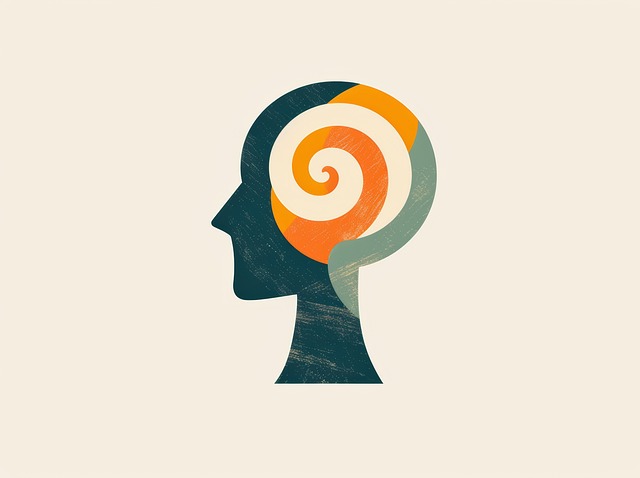Littleton Trauma Therapy offers specialized social skills training for individuals with mental health challenges, focusing on active listening, empathy, and communication strategies. Through tailored interventions, including role-playing, group therapy, and confidence-boosting exercises, they help clients improve relationships, manage stress, and enhance their quality of life. By addressing the critical link between social competencies and mental health recovery, Littleton Trauma Therapy empowers individuals to overcome isolation, reduce depression symptoms, and foster meaningful social connections.
Social skills training is a powerful tool for managing mental health conditions. This comprehensive guide explores how understanding social interactions can significantly impact overall well-being, with a focus on the role of Littleton Trauma Therapy in empowering individuals.
We’ll delve into common challenges faced by those with mental health issues and present effective strategies to develop and enhance social skills, offering valuable insights for navigating social environments successfully.
- Understanding Social Skills and Their Impact on Mental Health
- The Role of Littleton Trauma Therapy in Training Social Competencies
- Common Challenges Faced by Individuals with Mental Health Conditions
- Effective Strategies for Developing and Enhancing Social Skills
Understanding Social Skills and Their Impact on Mental Health

Social skills are a fundamental aspect of human interaction and play a pivotal role in our overall well-being. They encompass a range of behaviors that facilitate communication, connection, and collaboration with others. For individuals living with mental health conditions, understanding and developing these skills can be transformative. Many mental health challenges can impact social functioning, leading to feelings of isolation and further exacerbating existing symptoms.
At Littleton Trauma Therapy, we recognize the intricate link between social skills and mental health. Our specialized programs focus on teaching and reinforcing essential social competencies, such as active listening, empathy, and effective communication strategies. By addressing these areas, our clients can improve their relationships, boost self-esteem, and enhance their overall ability to manage stress (Mental Health Policy Analysis and Advocacy). Through tailored interventions, we empower individuals to navigate social situations with confidence, fostering a sense of belonging and improving their quality of life.
The Role of Littleton Trauma Therapy in Training Social Competencies

Littleton Trauma Therapy offers specialized programs focused on cultivating social skills, a critical component in the journey towards mental health recovery. This approach recognizes that effective communication and interpersonal interactions are essential tools for individuals navigating trauma or mental wellness challenges. Through innovative techniques and personalized guidance, therapists empower clients to build confidence in social settings.
The program incorporates various communication strategies tailored to individual needs, such as Mental Wellness Journaling Exercises, designed to enhance self-awareness and emotional regulation. By fostering open dialogue and providing safe spaces for expression, Littleton Trauma Therapy aims to prevent or mitigate symptoms of depression and promote overall well-being. This holistic training prepares individuals to engage in meaningful social connections, a vital aspect of leading fulfilling lives.
Common Challenges Faced by Individuals with Mental Health Conditions

Individuals with mental health conditions often face significant challenges when it comes to their social interactions. These include difficulties in understanding and interpreting social cues, maintaining eye contact, and engaging in meaningful conversations. The impact of these conditions can lead to feelings of isolation and a decline in overall mental wellness. For instance, those who have experienced trauma, such as in Littleton Trauma Therapy settings, may struggle with trust and attachment, hindering their ability to form and sustain healthy relationships.
Moreover, public awareness campaigns are crucial in addressing the stigma surrounding mental health issues. Through education and open dialogue, communities can foster an environment that encourages support and understanding. Mental wellness coaching programs and community outreach initiatives play a pivotal role in development by providing individuals with the necessary tools for social engagement, improving their quality of life. These programs not only enhance communication skills but also promote resilience, enabling participants to navigate social settings with greater confidence.
Effective Strategies for Developing and Enhancing Social Skills

Social skills training is a powerful tool for individuals navigating mental health conditions, offering a structured approach to building and refining interactions with others. At Littleton Trauma Therapy, we emphasize practical strategies that cater to diverse needs. One effective method is role-playing scenarios, allowing clients to practice conversations in safe, simulated environments. This technique fosters confidence and promotes the development of appropriate social cues, especially for those struggling with anxiety or post-traumatic stress disorder (PTSD).
Additionally, group therapy sessions play a crucial role in enhancing social skills. These gatherings provide opportunities for individuals to engage in real-time interactions, learn from peers’ experiences, and receive immediate feedback. By participating in group activities and discussions, clients can improve their active listening, empathy, and non-verbal communication skills. Integrating confidence-boosting exercises tailored to individual needs further strengthens social abilities, thereby facilitating better connections and a sense of belonging.
Social skills training, facilitated by innovative approaches like Littleton Trauma Therapy, plays a pivotal role in improving mental health outcomes. By addressing common challenges faced by individuals with mental health conditions, these programs equip them with enhanced social competencies, fostering better relationships and overall well-being. Incorporating effective strategies outlined in this article can significantly benefit those seeking to navigate their mental health journeys more successfully.
